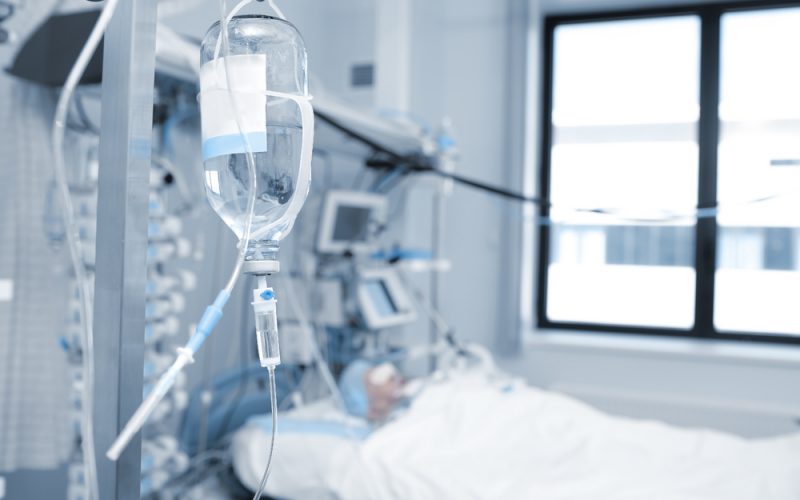Death is an experience that every human who ever lives will go through. And yet our understanding of the mechanics of death is relatively limited. Dr. Haider Warraich of Duke University Medical Center joins us to talk about how technological advances are giving scientists a better understanding of how we die, which he writes about in “Modern Death: How Medicine Changed the End of Life” (St. Martin’s Press).
Dr. Haider Warraich on …
… how modern medicine has changed the way we die:
“One of the things that happened during the 1960’s was that we learned to resuscitate people after they had a cardiac arrest. The other thing that happened is that we helped people breathe with breathing machines. What that did was is that you would have patients who, and we have these patients till this day, you walk into their room and their skin is flushed. They’re breathing with a breathing machine and ostensibly they look similar to many other patients in the intensive care unit. Yet, what we really have no idea about is how their brain is doing. And how their brain will do even if they are able to overcome whatever sort of put them in that situation. In some ways, we know a lot more about death in the sense that we know a lot about diseases that can kill us, about processes that occur close to the end of life. And yet, as far as this sort of existential experience is concerned we are still where we were before the advent of modern science.”





